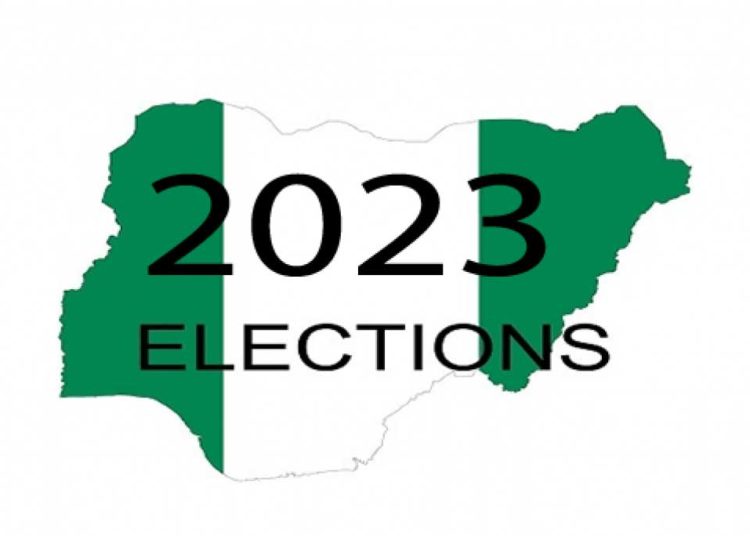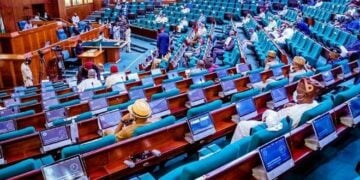Conflict resolution experts have said 2023 elections may not be as violent as expected owing to dispute resolution mechanisms carried out across the country.
The experts who spoke at the closing ceremony of Zamantare (aka) Actions for Cultural and Interreligious Pluralism in Nigeria, said the four-year project involving fourteen communities in Kaduna and Plateau states; and the Republic of Niger, has built resilience among peoples of different cultures and religion to maintain peace in the face of conflict.
Zamantare is an Alternative Dispute Resolution Mechanism (ADM) funded by the European Union (EU), implemented by the Catholic Aid Agency for Overseas Development (CAFOD) and its partners Caritas Nigeria and CADEV (Niger), in partnership with civil society organisations as Tri-Centre.
“Zamantare is aimed at building tolerance between Christians and Muslims, and around religion and culture. It is aimed at bringing these people together to a common understanding so that they can live in unity, respecting one another’s cultures and religion,” said CAFOD’s programme officer, Daniel Ogabiala.
Despite the high level of insecurity in the nation, Ogabiala is optimistic that the project has achieved its objective, which is to enable communities to neutralise conflicts before escalation. It also had communities sign a treaty to stay committed to peaceful co-existence.
“That a group of people have decided to remain resilient no matter the conflict is reassuring. If 14 communities have decided to stay committed to conflict avoidance, I think the 2023 elections will not be as volatile as people are thinking it would be. There are lots of attributions to programme implementation that will contribute to lasting peace in our communities,” Ogabiala said.
“Unlike the usual approach to intervention projects in this part of the globe, Zamantare was used to bridge spaces. It has been able to build new spaces, not just superficially but also used to bridge trust deficit,” team lead, Tri-Centre, Jos, Dr Charles Dickson said.
For Dickson, it opened up political and religious spaces for people, and ensured that they had strong ownership of the project, the system, and the community.
ADR mechanism looked at issues such as restorative justice; how to have village square meetings to resolve conflicts in which the jury, the accused, the prosecutor and the verdict system is run by the same local people. The novel approach, Dickson said, is expected to yield profound results.
Zamantare, he said, is open to replication, and though a gradual process is effective in the long-term.
“Consider the number of states closest to Kaduna and Jos. The proximity of Kaduna and Kano states; the proximity of Jos to Nasarawa and Bauchi states, and you will begin to see the prospects of the programme given more funding, and given the dedication of the locals who will run the programme more as volunteers.”
Pleased with Zamantare’s impact, Peace and Security Programme Manager, EU Delegation to Nigeria and ECOWAS, Jerome Riviere said it has doused tensions in the affected communities whilst promoting intercultural and religious tolerance.
“Insecurity is a concern for both EU and Nigerian citizens. We believe in the soft approach by trying to prevent violent extremism, and supporting civil society organizations (CSOs). Zamantare is a good example of our approach,” Riviere said.





